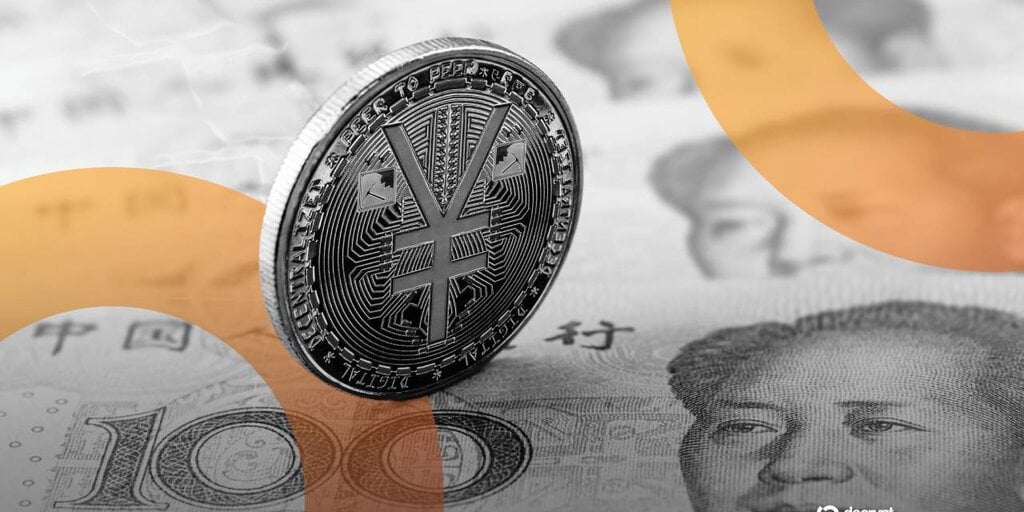In Depth: Shanghai’s First Stablecoin Study Session Signals Tiered Experimentation
Shanghai regulators have convened a first-of-its-kind public meeting on stablecoins, as authorities nationwide increase warnings about crypto scams, suggesting a nuanced strategy rather than open market liberalization.
Last week, Shanghai’s State-owned Assets Supervision and Administration Commission (SASAC) held a closed-door meeting focused on stablecoins and blockchain infrastructure. The session, chaired by Director He Qing, explored the potential use of state-owned enterprises for blockchain applications in cross-border trade, supply chain management, and asset digitization.
“There is a need for greater sensitivity to emerging technologies and enhanced research into digital currencies,” a summary of He Qing’s remarks shared via Shanghai SASAC social media channels purportedly indicated.
While framed as a routine political study, the meeting’s specific focus suggests a potential policy shift, occurring just a week after Shenzhen publicly warned citizens about stablecoin scams. The move is viewed by observers as part of China’s broader strategy to recast digital finance, separating speculative crypto assets from state-sanctioned monetary infrastructure.
China’s approach appears to be one of “tiered experimentation,” allowing localized innovation while maintaining strict central coordination. As another piece of this emerging pattern took shape at Shanghai’s Lujiazui Forum, where PBoC Governor Pan Gongsheng publicly acknowledged stablecoins without endorsing them, industry expert Sam MacPherson of Phoenix Labs observed: “This lets regulators test blockchain-based settlement inside tight capital-control guardrails.”












